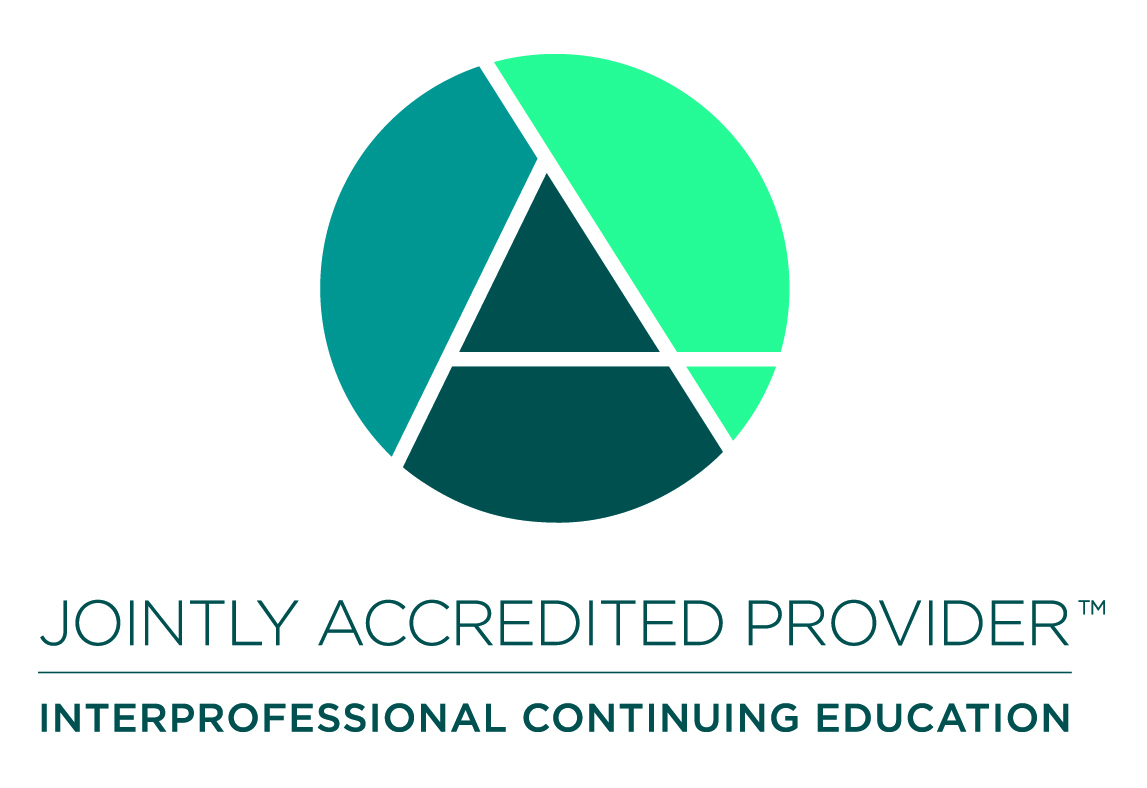SaferCare Texas: 2023-25 Just Culture
Over last two decades, patient safety improvement efforts in healthcare have focused on the hospital setting. There is growing evidence that illustrates patient harm often begins in medical office settings resulting in preventable harm. To begin to address this issue, education on Just Culture and High Reliability Organization (HRO) principles is needed to ensure the medical office environment fosters transparency in event reporting, balanced accountability, and a focus on preoccupation with failure and sensitivity to daily operations.
Target Audience
This activity is intended for clinicians, healthcare mid-level and executive leadership, health profession students, and any other persons interested in incorporating Just Culture principles.
Learning Objectives
When you complete this module, you will be able to:
Demonstrate knowledge to provide constructive feedback on harm related incidents or near misses and conduct critical analysis in skillful ways.
Complete harm assessments that are based on facts while having respect for the complexity of the situation.
Develop and maintain an environment where staff feel empowered to speak up about problems, errors, conflicts and misunderstandings.
Maintain shared goals to identify and discuss problems with curiosity and respect.
Employ effective strategies for providing fair-minded treatment and having productive conversations.
Create effective structures that help people reveal their errors and facilitate organizational learning processes
Disclosures
In accordance with the appropriate accrediting bodies, all planners, teachers, and authors with control over activity content are required to disclose to the provider any relevant financial relationships (those held by the person, currently or within the last 24 months) with ineligible interests. Accredited providers are required to provide this information to learners before the start of an activity. The University of North Texas Health Science Center at Fort Worth Division of Academic Innovation's office planning team nor the subject matter experts have anything to disclose.
Primary Author
Teresa Wagner, DrPH, MS, CPH, RD/LD, CPPS, CHWI, DipACLM, CHWC
Assistant Professor, Department of Lifestyle Health Sciences
University of North Texas Health Science Center, School of Health Professions
Clinical Executive for Health Literacy, SaferCare Texas
Fellow and Project Director, Texas Center for Health Disparities
Other Contributors and Reviewers
David Farmer, PhD, LPC, LMFT, FNAP
Director, Interprofessional Education and Practice
University of North Texas Health Science Center at Fort Worth
Kate Taylor, DNP, CPPS
Clinical Executive
SaferCare Texas
Justin Burton, MBA BSN RN CPPS CPHQ NE-BC
Patient Safety and Quality Executive for SaferCare Texas
Jeffrey Beeson DO, FACEP, FAEMS
VP Clinical Partnerships & In·HSC Health Administration
University of North Texas Health Science Center at Fort Worth
Instructional Design
Brenda Wilson, MS, CHCP
Senior Instructional Designer
CE & Assessment Department, Division of Academic Innovation, University of Texas Health Science Center at Fort Worth
Accreditation Statements

In support of improving patient care, The University of North Texas Health Science Center at Fort Worth is jointly accredited by the Accreditation Council for Continuing Medical Education (ACCME), the Accreditation Council for Pharmacy Education (ACPE), and the American Nurses Credentialing Center (ANCC), to provide continuing Education for the healthcare team.
As a Jointly Accredited Organization, The University of North Texas Health Science Center at Fort Worth is approved to offer social work continuing education by the Association of Social Work Boards (ASWB) Approved Continuing Education (ACE) program. Organizations, not individual courses, are approved under this program. Regulatory boards are the final authority on courses accepted for continuing education credit.
American Osteopathic Association
The University of North Texas Health Science Center at Fort Worth is accredited by the American Osteopathic Association to award continuing medical education to physicians.
Designation Statements
Physicians
The University of North Texas Health Science Center at Fort Worth designates this program for a maximum of .75 contact hour of AOA Category 2B CME credits and will report CME and specialty credits commensurate with the extent of the physician's participation in the activity.
The University of North Texas Health Science Center at Fort Worth designates this activity for a maximum of .75 AMA PRA Category 1 Credit(s)™. Physicians should only claim credit commensurate with the extent of their participation in the activity.
Nurses
This activity provides up to .75 contact hours.
Certified Public Health Professionals
This activity provides .75 contact hours.
Certificate of Attendance
The University of North Texas Health Science Center at Fort Worth certifies this activity for 1.0 hours of participation.
Available Credit
- 0.75 AMA PRA Category 1 Credit™
- 0.75 ANCC
- 0.75 AOA Category 2-B
- 0.75 Certified Public Health (CPH)
- 0.75 HSC Participation
Price
Required Hardware/software
This activity is best experienced using the most current browser (or one back) of Firefox, Chrome, Safari, Internet Explorer, or Microsoft Edge. For all activities featuring audio, you must have a sound card and speakers. To view graphic images and references that appear in separate "pop-up" windows, you must have session cookies enabled on your computer. Adobe Acrobat Reader may be required for certain activities.
Accessibility Statement
If you require special assistance to participate in this activity, please call (817) 735-2539 or email: [email protected]. An Equal Opportunity University.

 Facebook
Facebook X
X LinkedIn
LinkedIn Forward
Forward